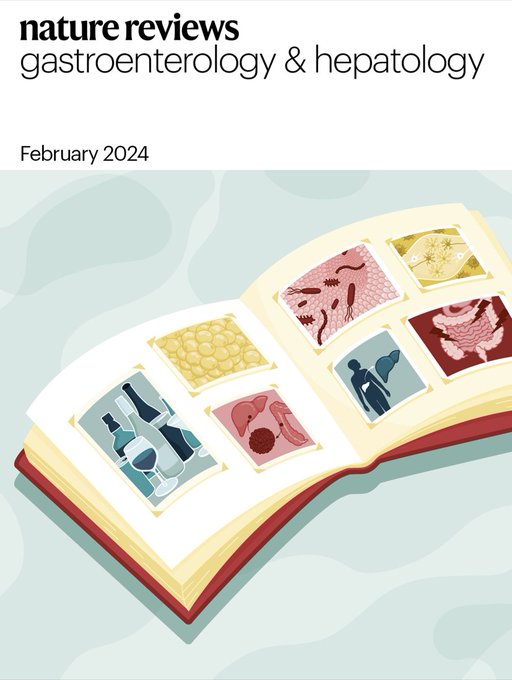微生物组研究中的可信推论:确保人工智能时代的严谨性、可重复性和相关性。
IF 51
1区 医学
Q1 GASTROENTEROLOGY & HEPATOLOGY
引用次数: 0
摘要
微生物组在人类健康和疾病中起着关键作用。高通量测序和代谢组学的进步彻底改变了我们对人类肠道微生物群落的理解,并确定了与多种疾病的合理关联。然而,微生物组研究仍然受到建立因果关系的挑战,过度依赖相关研究以及方法和分析局限性的限制。人工智能(AI)已经成为应对这些挑战的有力工具;然而,临床前模型和临床试验的无缝整合对于最大化微生物组研究的转化影响至关重要。本文批判性地评估了该领域的最佳方法实践和局限性,重点关注新兴的人工智能工具如何弥合微生物见解和临床应用之间的差距。具体而言,我们强调在人工智能驱动的时代,需要严谨、可重复的方法,将多组学方法、临床前模型和临床试验结合起来。我们提出了一个将人工智能应用于微生物组研究的实用框架,以及临床试验设计、监管途径和基于微生物组的知情诊断、人工智能培训和临床干预的最佳实践的战略建议。通过建立这些指导方针,我们的目标是加速微生物组研究转化为临床实践,使精确医学方法由人类微生物组提供信息。本文章由计算机程序翻译,如有差异,请以英文原文为准。
Credible inferences in microbiome research: ensuring rigour, reproducibility and relevance in the era of AI.
The microbiome has critical roles in human health and disease. Advances in high-throughput sequencing and metabolomics have revolutionized our understanding of human gut microbial communities and identified plausible associations with a variety of disorders. However, microbiome research remains constrained by challenges in establishing causality, an over-reliance on correlative studies, and methodological and analytical limitations. Artificial intelligence (AI) has emerged as a powerful tool to address these challenges; however, the seamless integration of preclinical models and clinical trials is crucial to maximizing the translational impact of microbiome studies. This manuscript critically evaluates best methodological practices and limitations in the field, focusing on how emerging AI tools can bridge the gap between microbial insights and clinical applications. Specifically, we emphasize the necessity of rigorous, reproducible methodologies that integrate multiomics approaches, preclinical models and clinical trials in the AI-driven era. We propose a practical framework for applying AI to microbiome studies, alongside strategic recommendations for clinical trial design, regulatory pathways, and best practices for microbiome-based informed diagnostics, AI training and clinical interventions. By establishing these guidelines, we aim to accelerate the translation of microbiome research into clinical practice, enabling precision medicine approaches informed by the human microbiome.
求助全文
通过发布文献求助,成功后即可免费获取论文全文。
去求助
来源期刊
CiteScore
52.30
自引率
0.60%
发文量
147
审稿时长
6-12 weeks
期刊介绍:
Nature Reviews Gastroenterology & Hepatology aims to serve as the leading resource for Reviews and commentaries within the scientific and medical communities it caters to. The journal strives to maintain authority, accessibility, and clarity in its published articles, which are complemented by easily understandable figures, tables, and other display items. Dedicated to providing exceptional service to authors, referees, and readers, the editorial team works diligently to maximize the usefulness and impact of each publication.
The journal encompasses a wide range of content types, including Research Highlights, News & Views, Comments, Reviews, Perspectives, and Consensus Statements, all pertinent to gastroenterologists and hepatologists. With its broad scope, Nature Reviews Gastroenterology & Hepatology ensures that its articles reach a diverse audience, aiming for the widest possible dissemination of valuable information.
Nature Reviews Gastroenterology & Hepatology is part of the Nature Reviews portfolio of journals.

 求助内容:
求助内容: 应助结果提醒方式:
应助结果提醒方式:


